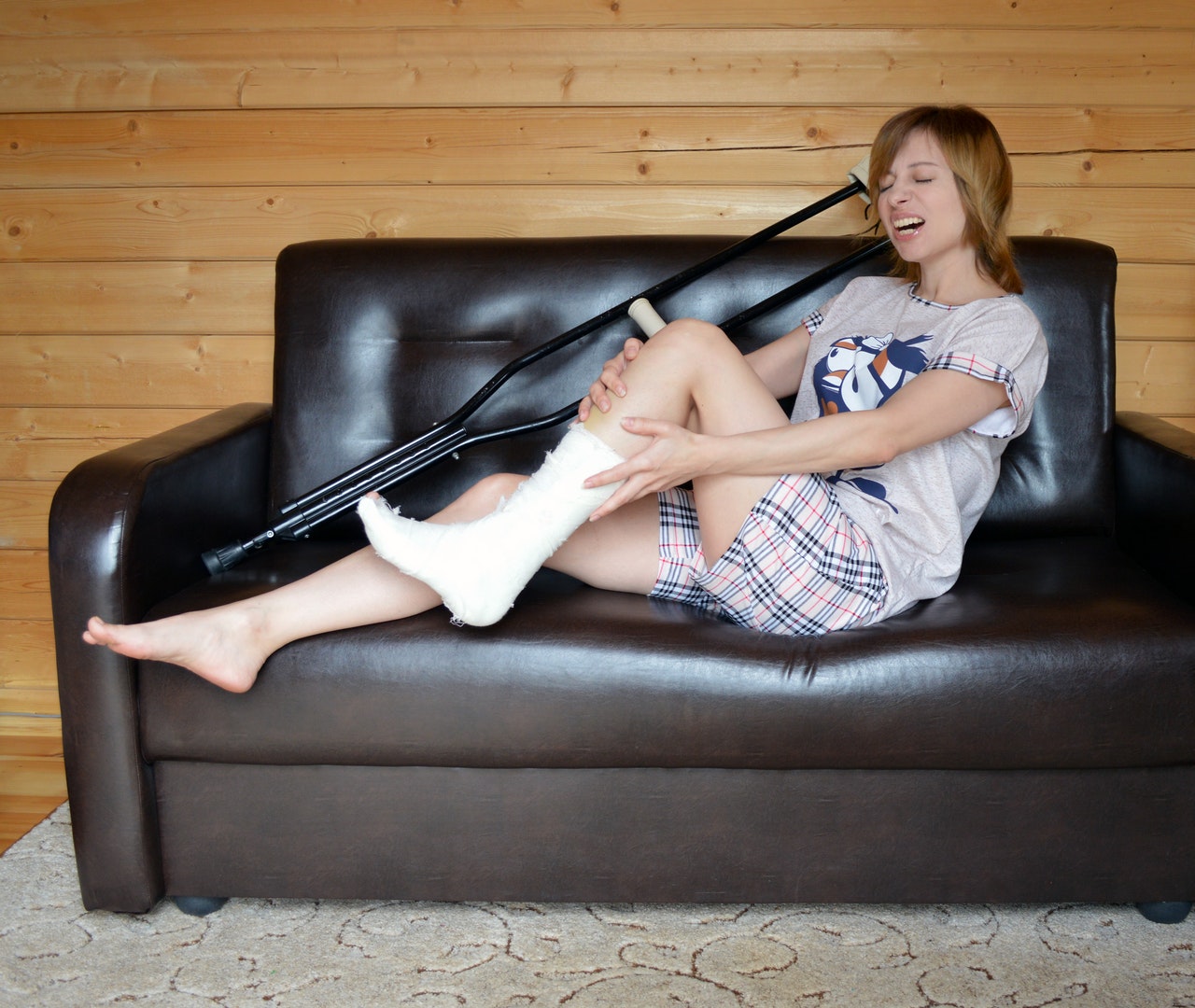The medical field is one that keeps moving forward, with new developments all the time. The FDA and other governing bodies allow new drugs and devices to enter the marketplace, and many of them can help people suffering from various maladies. With the right medication or device, you may be able to do certain things you couldn’t attempt otherwise.
That’s wonderful, but there are also certain activities in which you will not be able to engage if you have to use a particular medical device. In this article, we’ll cover a few different medical devices, and we’ll talk about the things you can and can’t do with them.
Crutches
Some people who have difficulty getting around can do so a little better with crutches. You might consider getting crutches if:
- You have a ruptured Achilles tendon
- You have a tibia fracture
- You have a sprain or pulled muscle
You may also need crutches if you have a stress fracture, an ACL injury, or a broken ankle. You’ll want to get dependable crutches that have positive consumer feedback. If you get defective ones, you might be able to bring a personal injury lawsuit if you fall and further injure yourself when trying to use them.
Some people use crutches if they have an injury that will heal after a few weeks or months. Others might utilize them if they have a permanent lower body condition, but they have the upper body strength to move themselves around with no significant issues.
This is a way that some injured veterans or individuals with spina bifida can get around. The only drawback with crutches is that you have to figure out something to do with them in particular situations, like when you travel.
There are generally ways to deal with that, though. If you fly with crutches, you can often stow them in an overhead baggage compartment after the TSA looks them over.
Wheelchairs
There are also some fairly comfortable wheelchairs out now. This is a way for you to get around if:
- You have severe arthritis
- You have diabetes
- You have more debilitating spina bifida
Some individuals who have suffered a traumatic brain injury can use one. If you have ALS, scoliosis, or you have Parkinson’s, you might use one too.
Motorized wheelchairs do exist now that you can use to get where you’re going very rapidly. You can use them in the grocery store, when you’re going through the airport, or anywhere outdoors where there is a paved pathway that doesn’t go steeply uphill.
If you use a wheelchair, the main drawback is generally that you can’t get into businesses that don’t have ramps. Every business should have one, but some don’t necessarily comply.
Some individuals can get out of their wheelchair and walk a few feet, thereby gaining access to some of these establishments, but others cannot. A wheelchair can help your mobility a great deal, but it’s not an all-inclusive solution.
Hearing Aids
Hearing aids are another innovation that only continues to get better as medical science comes out with more advanced versions. Many of those available now are much smaller than the older models, so most people won’t even notice if you wear one.
This can be a solution if you’re an older adult, and your hearing is not what it once was. You might also wear them if you’re a younger individual, but you worked in the construction industry and damaged your hearing. Maybe you went to a lot of loud concerts, and you can’t hear as well now because of that.
You can slip in your hearing aids at the start of each day, and you can hear your family when they try to talk to you, or you can hear your work colleagues. If you engage in certain activities, such as swimming, you must remember to take the hearing aids out first.
Knee or Hip Replacement
You might also get yourself a steel hip or knee replacement. Often, older individuals need these if they have suffered knee or hip degeneration.
These replacements can help you get around much better than you did beforehand. You might even be able to play golf again or other sports that you couldn’t before the operation.
If you get one of these replacements, though, you have to watch out for certain dangers. Blood clots, nerve damage, infections, and leg length changes are all possible. Your surgeon can tell you more about all of that.



